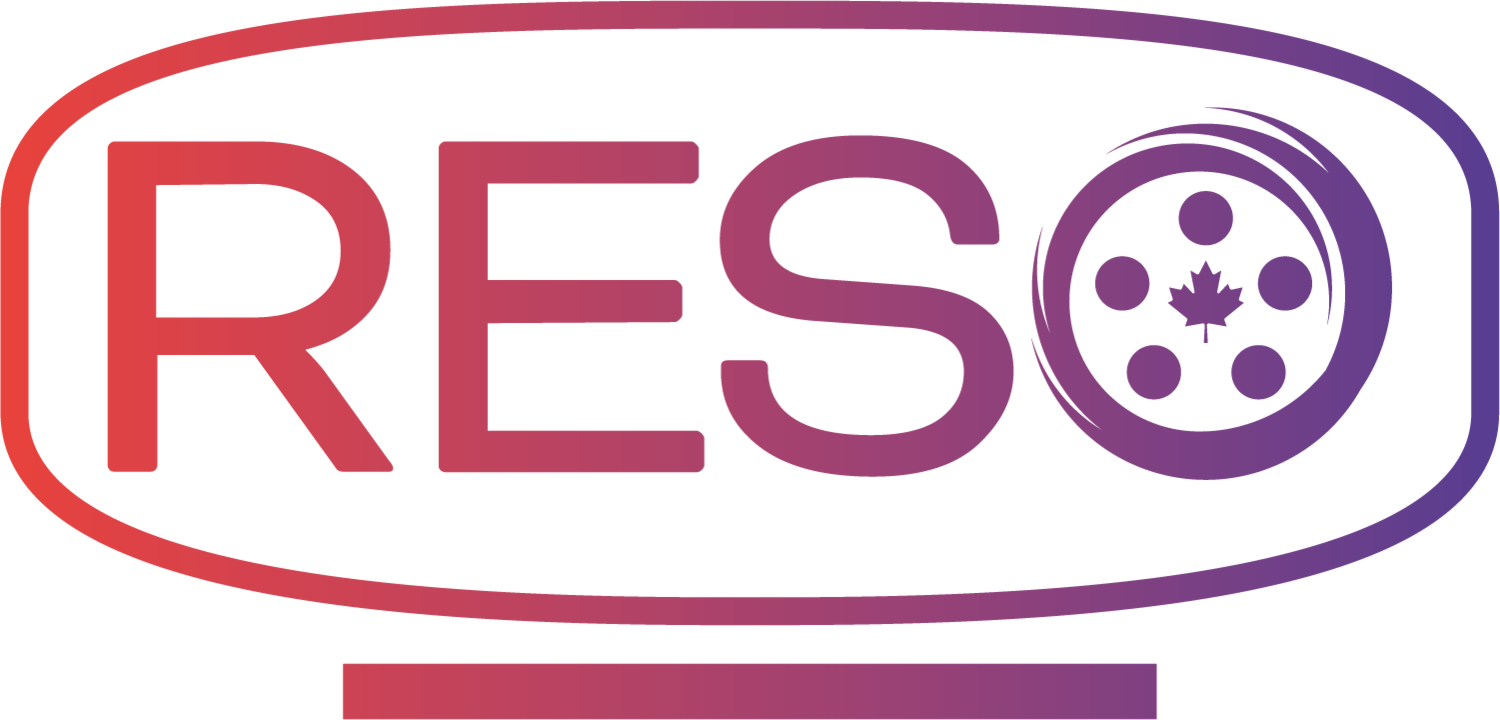RESO & VAFF Responds to Knowledge Network’s Equity Audit Report
After over a year of intensive advocacy work, the Vancouver Asian Film Festival, the Racial Equity Screen Office and the Documentary Organization of Canada are pleased to see the public release of the racial equity audit of British Columbia’s Knowledge Network (KN). The report provides stark quantitative evidence to what many have experienced personally: the gross racial inequity in funding at British Columbia’s sole provincially funded broadcaster.
“These numbers implicate Knowledge Network in a system of racial injustice that has hampered the careers of a generation of Indigenous, Black and racialized filmmakers. Knowledge Network has centred white-led narratives in a brazen dismissal of the Indigenous lands that we occupy and the Indigenous, Black and racialized peoples who live here. It is time to centre work owned by Indigenous, Black, and racialized creators, and to invest in the Indigenous, Black, and racialized producers,” states Nilesh Patel of the Documentary Organization of Canada’s British Columbia, Yukon and Northwest Territories Chapter and Interim Executive Director of the Racial Equity Screen Office.
In the seven year period covered by the report - from fiscal 2015/2016 to 2021/2022 - only $34,150 (1.7%) of the $2.054 million dollars of prelicense funding was spent on commissioning works from majority racialized owned production firms. Zero percent of commissions went to Indigenous majority owned production firms. This seven year period saw Knowledge Network invest 98.3% of its prelicense funding, equal to approximately $2.02 million dollars, to white-owned, non-diverse production firms.
Of the fifty 2nd window prelicenses funded by Knowledge Network from fiscal 2015/2016 to 2021/2022, only 18% supported majority racialized owned production firms. Additionally, only 4% of second window prelicenses supported majority Indigenous owned production firms, with 78% of prelicenses given to non-diverse production firms.
For the Knowledge Network Equity & Inclusivity Report, please visit https://www.knowledge.ca/equity-and-inclusion
Adds Barbara Lee, Founder of the Vancouver Asian Film Festival and the Racial Equity Screen Office: “We are heartbroken for all those filmmakers from the BIPOC community over these 7 years and without a doubt the years before that who were made to feel their voices and stories were not valued or compelling enough by their own broadcaster. We know that Knowledge is not alone in this, and we do credit Knowledge Network for having the courage to uncover the depths of the damage they have inflicted. This is just one example of systemic racism in action where the blame can not be cast on one, but everyone in the system should be held responsible and accountable for the harm done to underrepresented communities. The only path forward is for municipal, provincial, and federal broadcasters that receive government support to set specific equity targets for commissioning, prelicensing and acquisition." - Barbara Lee, VAFF and RESO.
Knowledge Network’s racial equity audit is accompanied by a plan of action that will be implemented this year, in order to begin to address the distressing findings of the Report. This includes:
25 % of Knowledge Original documentary features and shorts will be commissioned from B.C. independent Indigenous production companies
50% of Knowledge Original documentary features and shorts will be commissioned from B.C. independent Black and People of Colour (BPOC) led production companies
Intersections of additional equity deserving groups will be applied across all of Knowledge Network’s commissioning efforts to ensure representation of women, people with disabilities, and LGBTQ+
Prioritizing better accessibility for viewers with disabilities, including visual impairment.
Collecting race-based and other disaggregated data (e.g., age, gender, disability status)
“This report is the result of an enormous amount of labour by the Vancouver Asian Film Festival’s Barbara Lee, and myself along with my Board at the Documentary Organization of Canada’s BC, YT and NWT Chapter with the support of our National DOC office and the CMPA-BC.This is certainly a beginning but there is a long road ahead to dismantle the systemic forms of injustice we have been living with in the production industries in Canada” says Patel, who adds that numerous other organisations supported this important work. “Our efforts have benefitted from the invaluable support of the Black Screen Office, BIPOC TV & Film, Coalition M.E.D.I.A, the Racial Equity Media Collective, and Creatives Empowered, who are part of a broad coalition toward racial equity in our industry.”
ABOUT RESO:
RESO is a Vancouver based national office that supports the mentorship, training, funding, production, and distribution of racialized Canadian filmmakers with diverse stories told through our diasporic migrant lens with a major goal to build greater business opportunities and markets for content from racialized communities in and outside of Canada.
At RESO our focus is on the distinct nature of the immigrant diaspora and the opportunities, realities, and stories that live within our communities and our lived experiences. RESO is founded on the core principle of collaboration to address the culture of scarcity within governmental funding bodies. These processes prevent community organizations from cooperating with one another.
For more information please contact: info@reso-ca.org

